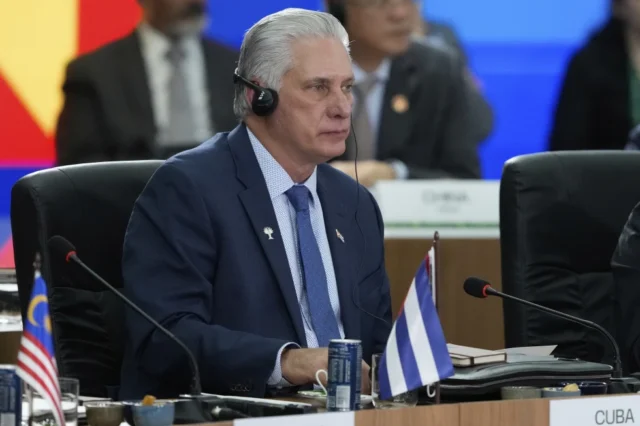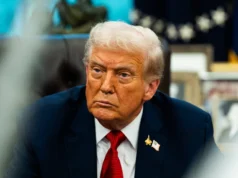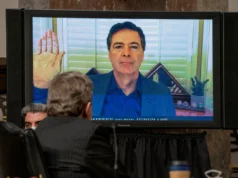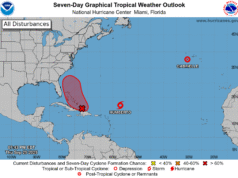
The United States government announced Friday it was sanctioning Cuban President Miguel Díaz-Canel and other top officials for human rights violations and restricting access to visas on the anniversary of the biggest protests on the island in recent decades.
U.S. Secretary of State Marco Rubio said on social media platform X that the State Department also would impose visa restrictions on Cuban judicial and prison officials “responsible for, or complicit in, the unjust detention and torture of the July 2021 protesters.”
The protests, which were not led by an opposition group, developed July 11 and 12, 2021, drawing attention to the depths of Cuba’s economic crisis.
“The U.S. will continue to stand for the human rights and fundamental freedoms of the people of Cuba, and make clear no illegitimate, dictatorial regimes are welcome in our hemisphere,” Rubio said in the statement.
The Trump administration has taken a harder line against Cuba’s government than the Biden administration.
In addition to Díaz-Canel, the U.S. sanctioned Cuban Defense Minister Álvaro López Miera and Interior Minister Lázaro Álvarez Casas.
Shortly after the announcement, Johana Tablada, deputy director of the U.S. department in the Cuban Foreign Ministry, lashed out at Rubio, calling him a “defender of genocide, prisons and mass deportations.”
The rare protests in 2021 came about after repeated blackouts in Havana and other cities. One man died and some marches ended in vandalism.
Groups supporting the government responded along with authorities to repress the protests. Human rights groups estimated there were more than 1,000 arrests but the government gave no official figures.
At the time, the Cuban government said it was the result of a U.S. media campaign and decades of U.S. sanctions.
____
Republished with permission of the Associated Press.
The post U.S. sanctions Cuban officials appeared first on Florida Politics – Campaigns & Elections. Lobbying & Government..
Disclaimer
The information contained in South Florida Reporter is for general information purposes only.
The South Florida Reporter assumes no responsibility for errors or omissions in the contents of the Service.
In no event shall the South Florida Reporter be liable for any special, direct, indirect, consequential, or incidental damages or any damages whatsoever, whether in an action of contract, negligence or other tort, arising out of or in connection with the use of the Service or the contents of the Service. The Company reserves the right to make additions, deletions, or modifications to the contents of the Service at any time without prior notice.
The Company does not warrant that the Service is free of viruses or other harmful components
This article originally appeared here and was republished with permission.












